We caught up with the brilliant and insightful Dalton Zongshian Lu a few weeks ago and have shared our conversation below.
Hi Dalton Zongshian, appreciate you sitting with us today to share your wisdom with our readers. So, let’s start with resilience – where do you get your resilience from?
Resilience has played a huge role in shaping who I am today, especially in my early days working in the film industry. One of my first jobs was at a camera rental company, where I worked as a 2nd camera assistant. It wasn’t easy, to say the least. My boss didn’t like me much—he constantly criticized everything I did, from how I built cameras to even how I drove. His remarks weren’t just critical; they were downright humiliating.
But I wasn’t going to let that push me out. Quitting felt like letting him win, and I wasn’t ready to give up on something I knew I could excel in. So, I stayed quiet, kept my head down, and focused on learning as much as I could by observing. I pushed myself to work three times harder, not just to prove him wrong, but to show myself that I was capable.
Then came a breakthrough moment. One day, after wrapping up a long shoot at 3 a.m. and getting home around 4 a.m., I got a call just three hours later. The company needed me on set immediately because the 2nd AC hadn’t shown up. Tired as I was, I said yes and made it to the set within 30 minutes. That day changed everything. My boss’s attitude toward me shifted, and I became one of his trusted team members.
Looking back, that experience taught me a lot about resilience. It’s not just about toughing it out—it’s about pushing through the challenges and trusting in your own abilities. That mindset has helped me throughout my career, especially in producing and directing films that have been selected for festivals like Cannes and LA Shorts Fest. Resilience is what keeps me going, no matter the obstacles, and it’s a key reason I’ve been able to reach new heights in my work.
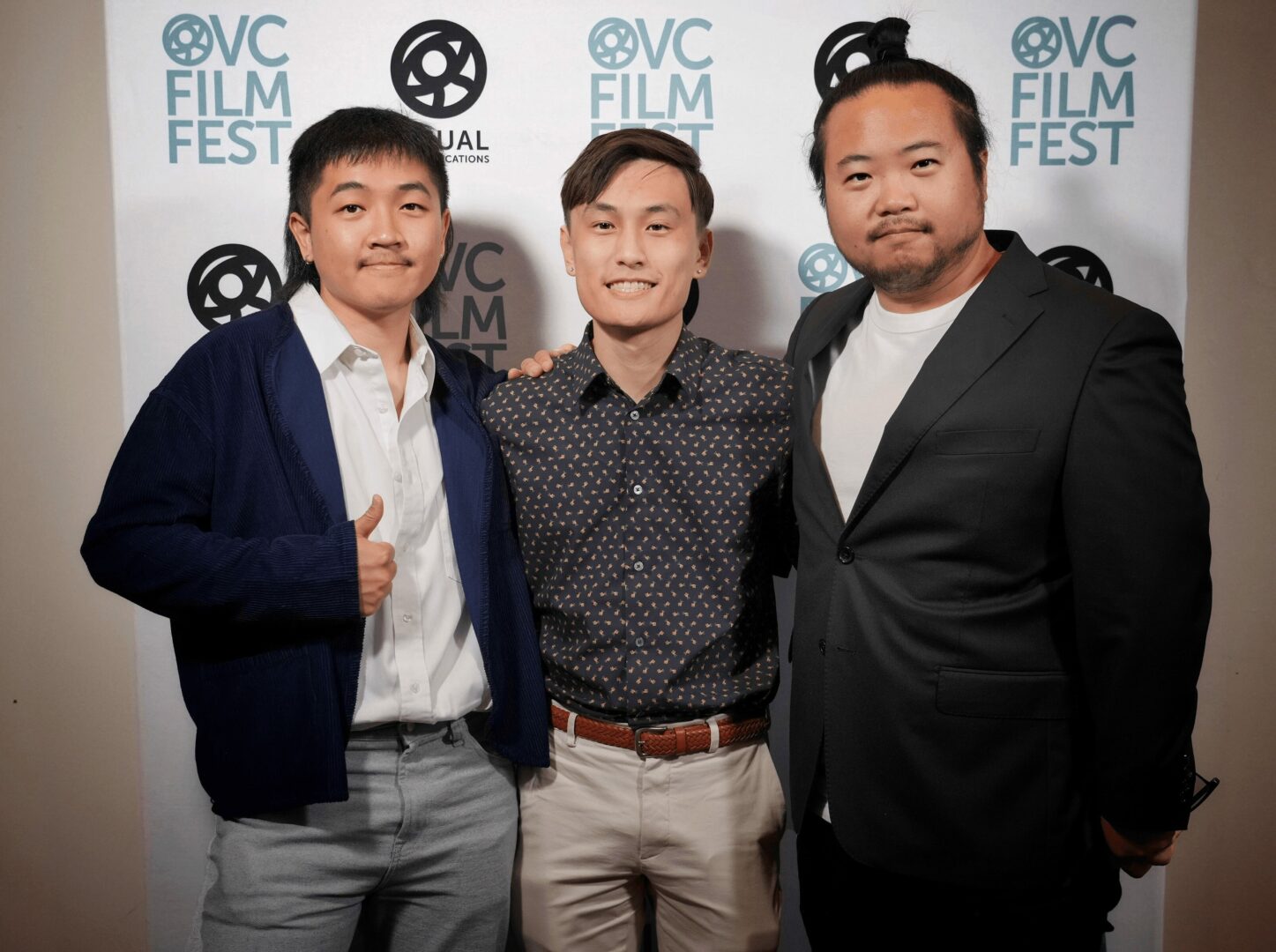
Let’s take a small detour – maybe you can share a bit about yourself before we dive back into some of the other questions we had for you?
I’m a filmmaker with a focus on producing and directing, and I’ve been fortunate to work on projects that have been recognized at major film festivals like the Austin Film Festival, LA Shorts Fest, Burbank International Film Festival, and Cannes. What excites me most about what I do is the power of storytelling—being able to capture human experiences and emotions in a way that resonates with audiences across the world. Every project I take on is an opportunity to tell a unique story, whether it’s about identity, culture, or resilience, and that’s what drives me every day.
Currently, my focus is on expanding my work in both narrative and documentary filmmaking. One of my most meaningful projects is the *Grand Narrative* project, which connects younger generations with their cultural roots through documentary filmmaking. It’s a powerful way to preserve stories from Taiwanese elders and share their wisdom with younger generations.
In addition to these projects, I’m also developing a TV series, which is an exciting new venture that will bring a fresh perspective to the screen.
Additionally, I’m continuing to organize workshops, like the documentary workshop with the UCSD Center for Taiwan Studies, where I help aspiring filmmakers develop their skills and create their own films. This year has been full of growth, and I’m excited to keep pushing boundaries with my upcoming projects and collaborations.
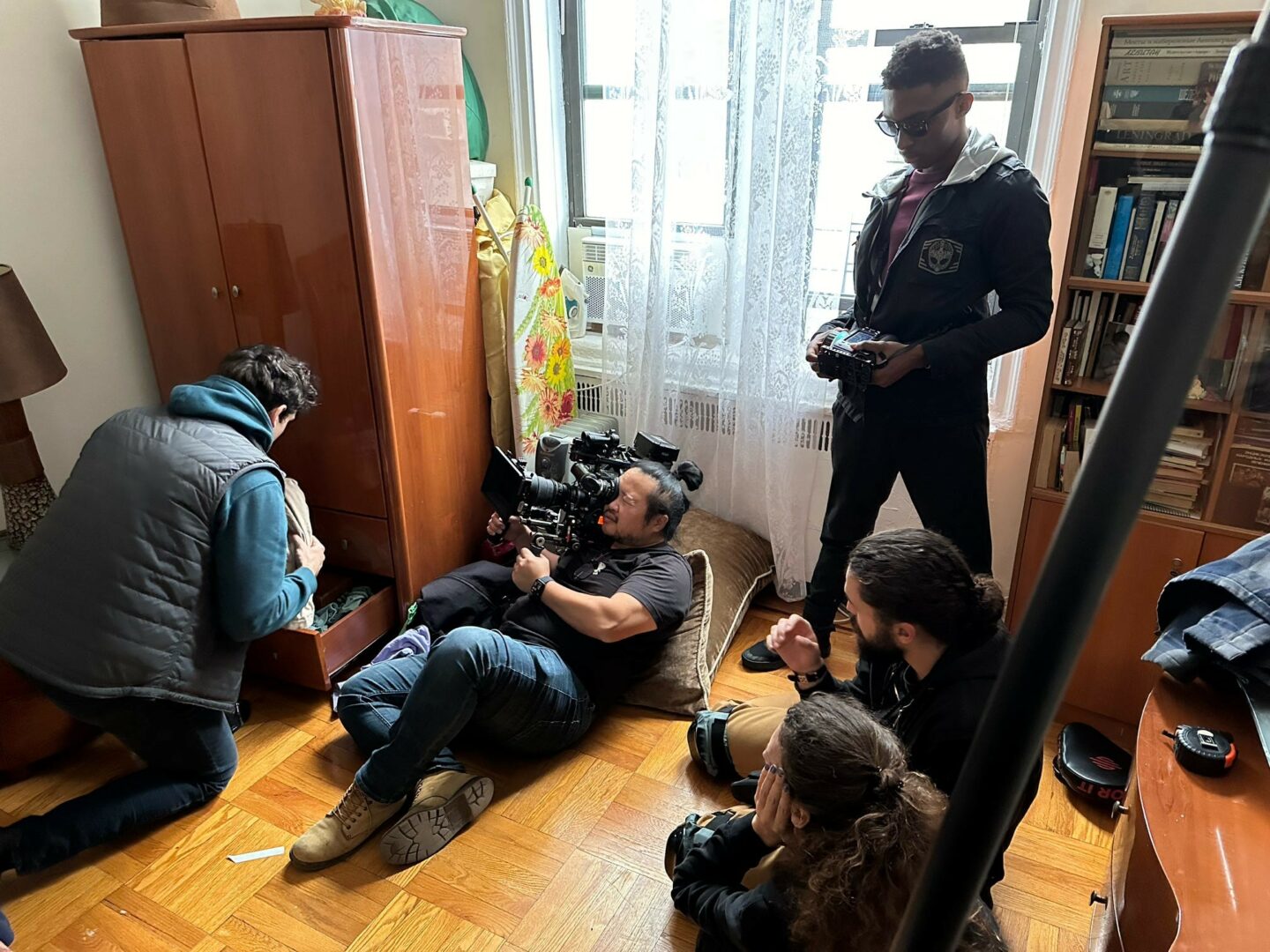
Looking back, what do you think were the three qualities, skills, or areas of knowledge that were most impactful in your journey? What advice do you have for folks who are early in their journey in terms of how they can best develop or improve on these?
Looking back, three qualities have been especially impactful in my filmmaking journey: perseverance, humility, and adaptability. These aren’t just buzzwords to me—they’re qualities I’ve learned through personal experiences that have shaped who I am today.
Perseverance: This industry demands perseverance. Early on, I worked in environments where I was constantly under pressure, like when my boss would criticize me to the point of humiliation. It would’ve been easy to walk away, but I stuck with it, worked even harder, and eventually gained his respect. My advice to anyone just starting out is to push through the challenges. Success doesn’t come without setbacks, and your ability to persevere will make all the difference.
Humility: Humility has been vital in my journey. As much as I strive to grow and succeed, I’ve learned the importance of staying grounded and being open to learning from everyone, no matter their role or status. There were times when I had to accept feedback, even when it was harsh, and instead of letting my ego get in the way, I used those moments to improve. For those at the beginning of their journey, stay humble, listen more than you speak, and never feel like you’re above learning something new.
Adaptability: Filmmaking is a rollercoaster of unexpected changes. Whether it’s adjusting to last-minute creative shifts or handling on-set challenges, adaptability has been crucial to my success. Being flexible and open to new ideas has not only helped me overcome obstacles but has also led to some of my most rewarding opportunities. For anyone starting out, my advice is to embrace change and be open to thinking on your feet—it’s where the real growth happens.
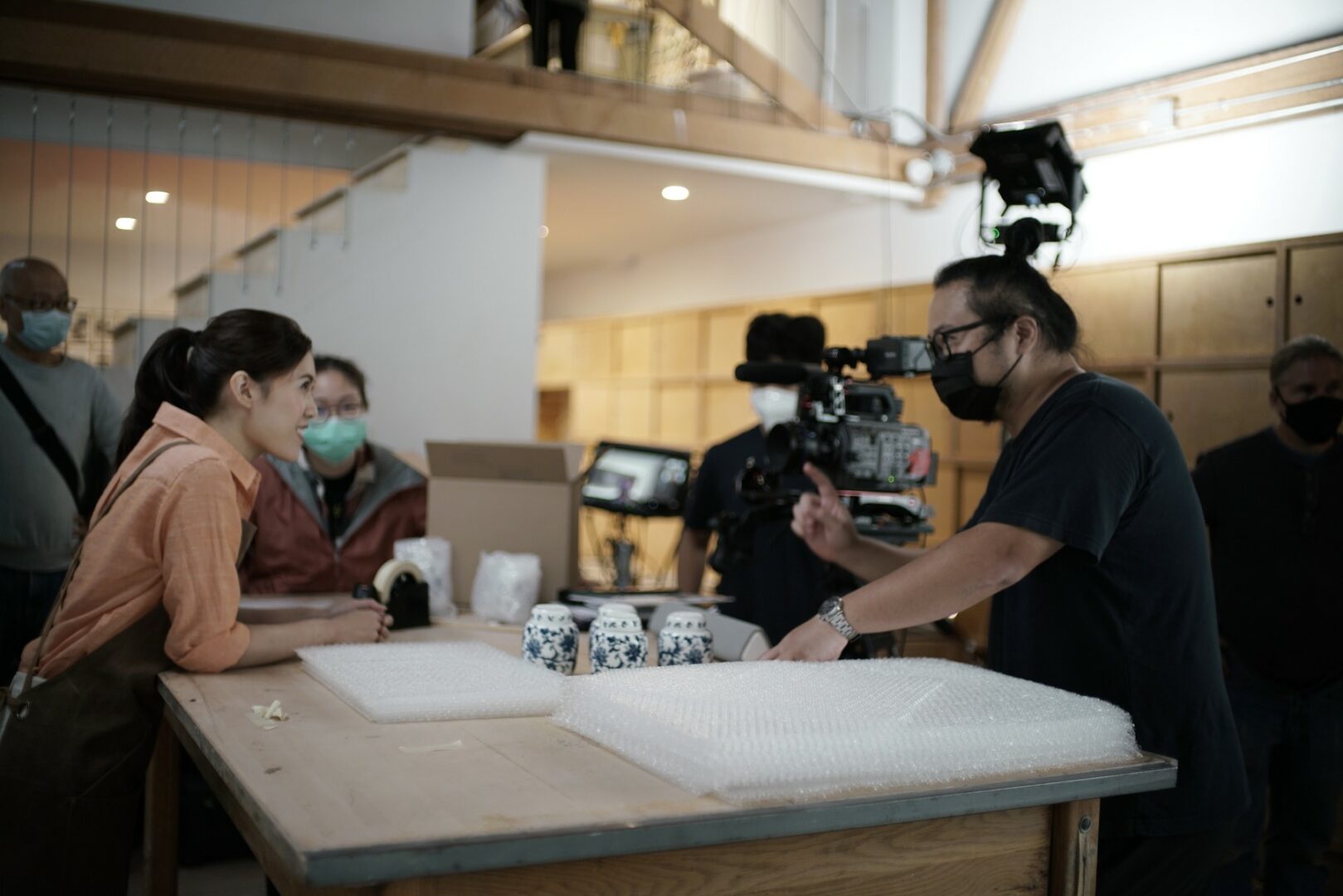
Awesome, really appreciate you opening up with us today and before we close maybe you can share a book recommendation with us. Has there been a book that’s been impactful in your growth and development?
One book that’s had a surprisingly deep impact on me is Haruki Murakami’s What I Talk About When I Talk About Running. At first glance, it’s about running, but the book is really about the mental endurance and discipline that both running and creative work demand. As a filmmaker, the parallels hit home.
Murakami writes about how long-distance running requires a certain rhythm and patience, much like the creative process. One part that really stuck with me was when he said, “Pain is inevitable. Suffering is optional.” That’s a concept I’ve come back to over and over again in my career. Filmmaking is full of challenging moments, but it’s how you frame them that makes all the difference. You’re going to face setbacks, long hours, and stress, but whether you let that take over or push through it is up to you.
Another line that hit me was when he said, “Exerting yourself to the fullest within your individual limits: that’s the essence of running, and a metaphor for life.” As a filmmaker, you constantly have to push yourself, sometimes in ways you didn’t expect, but knowing your limits is just as important. You have to learn when to push harder and when to step back, both on set and in life.
Murakami’s reflections on running—and on life—gave me a kind of quiet strength. It reminded me that creativity is as much about persistence as it is about inspiration and that staying in the race, even at your own pace, is what really counts.
Contact Info:
- Website: https://www.daltonlu.com
- Instagram: zongshianlu
- Linkedin: dalton-zongshian-lu-848a27194
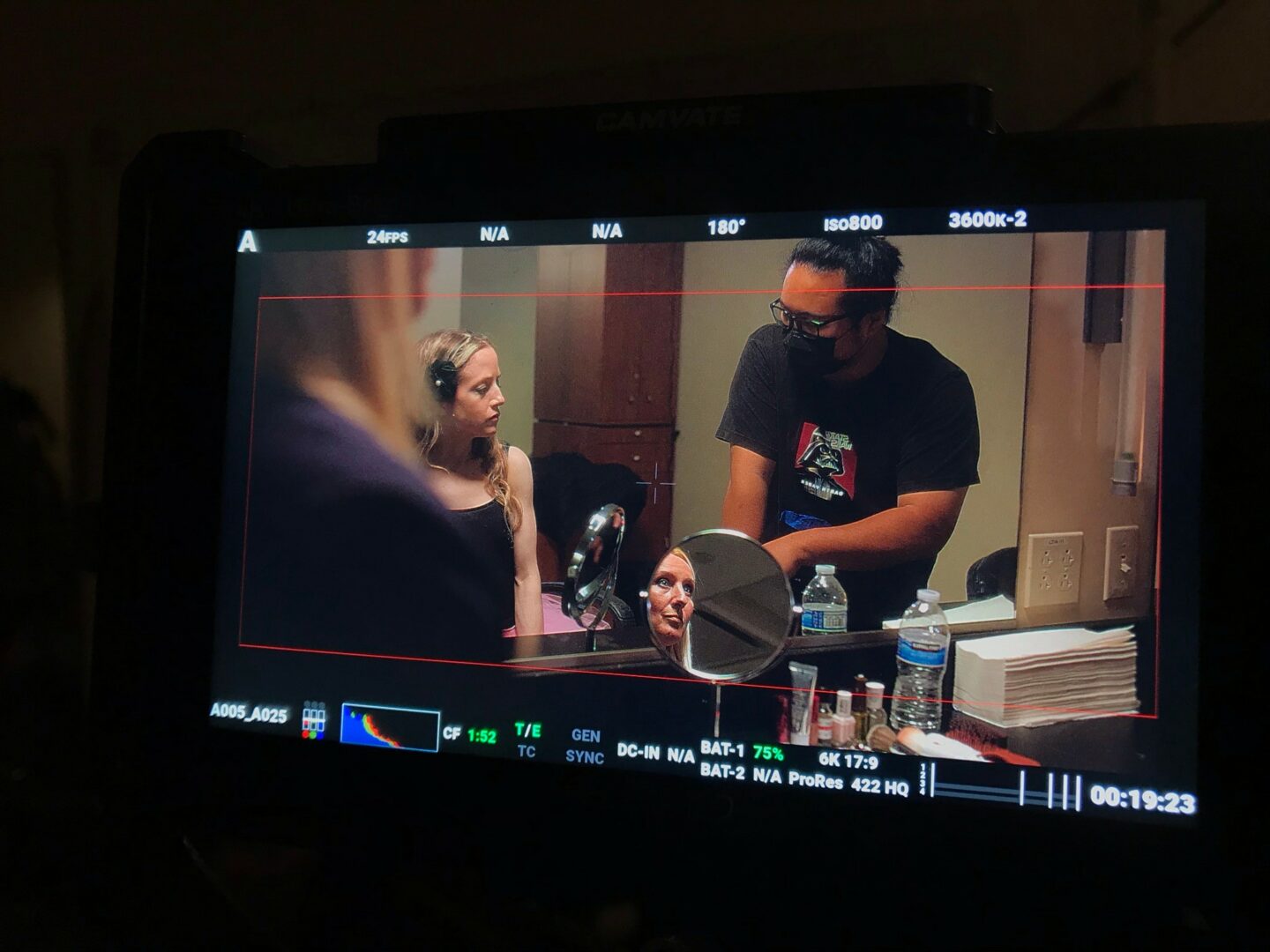
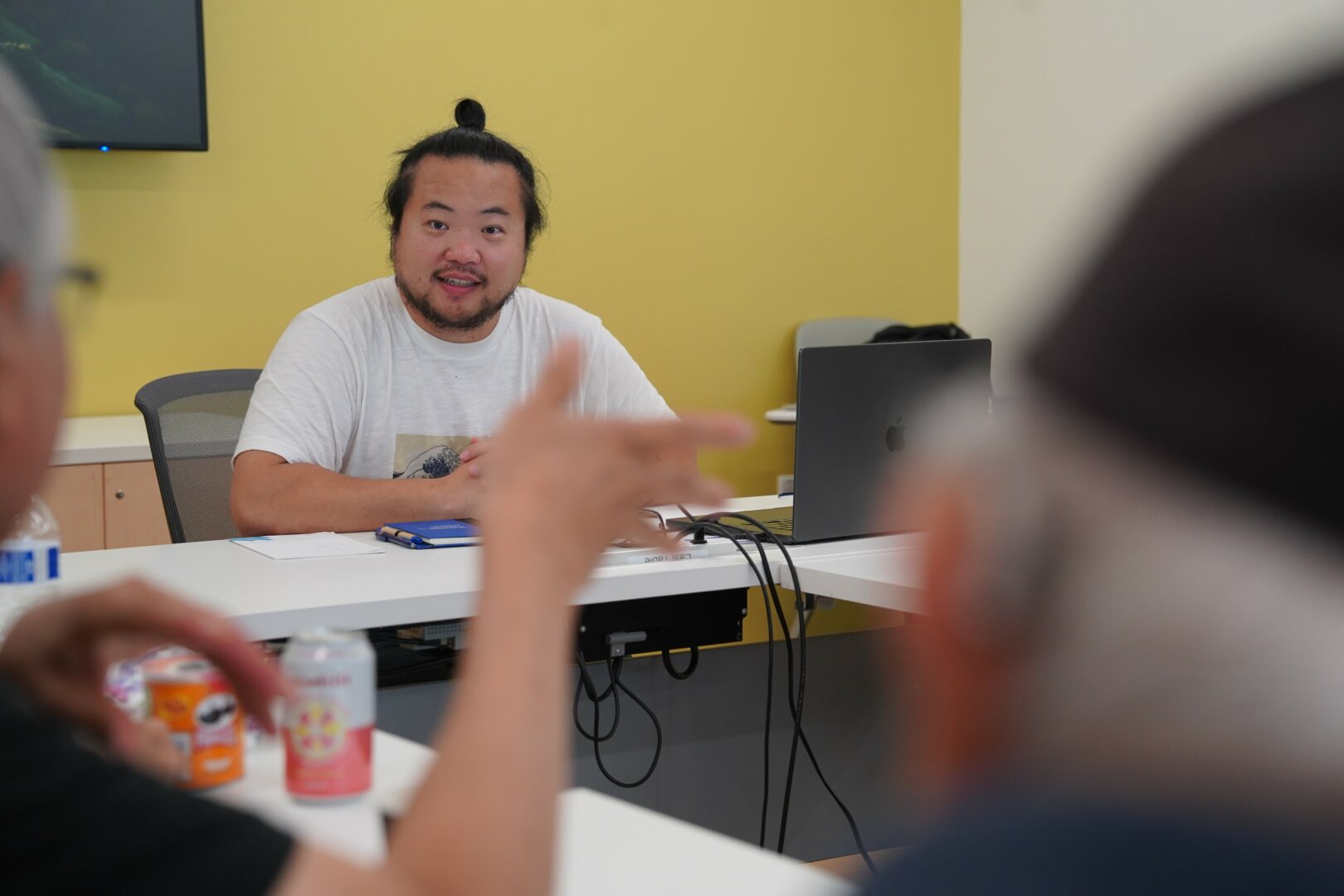
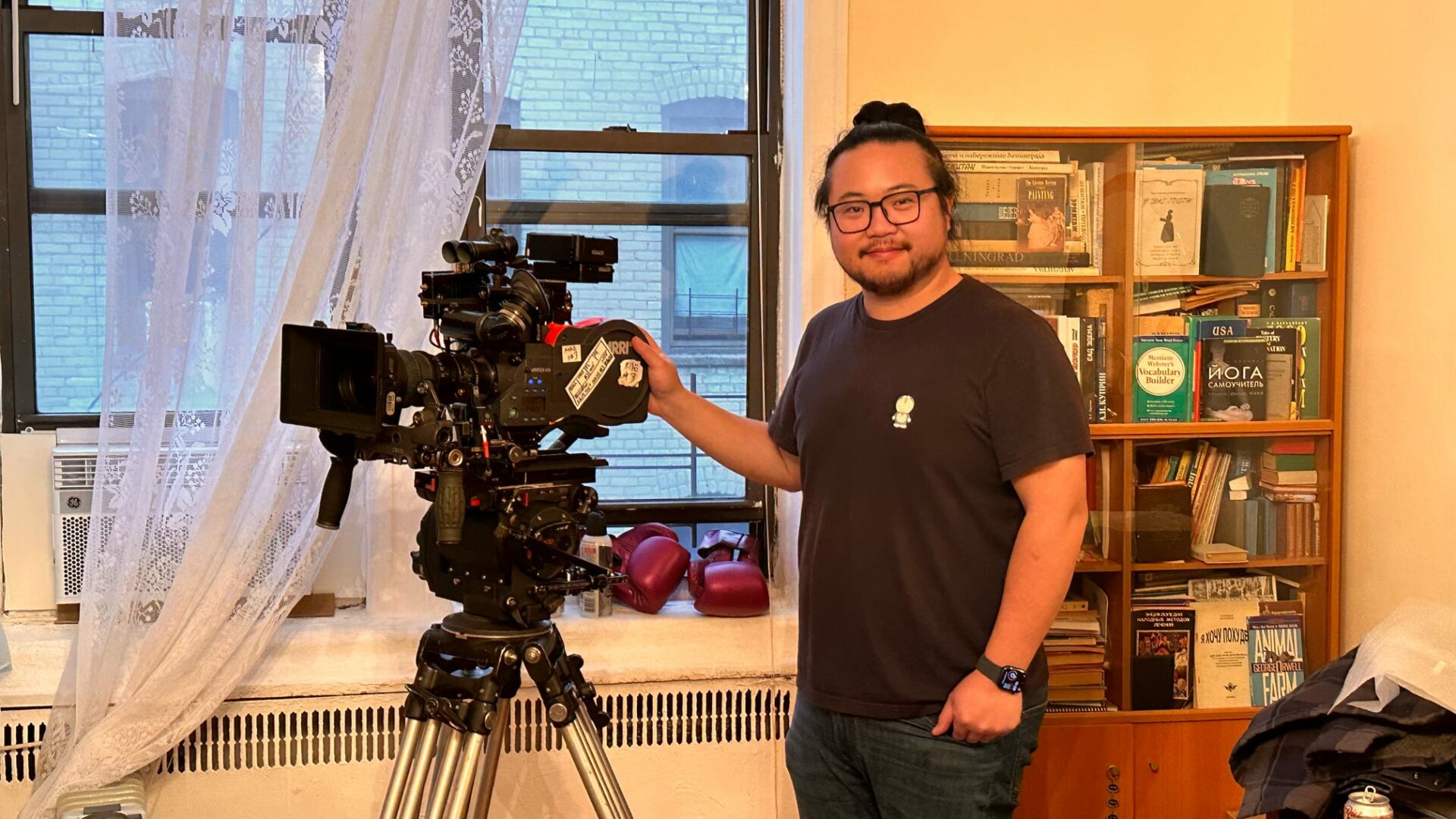
so if you or someone you know deserves recognition please let us know here.




